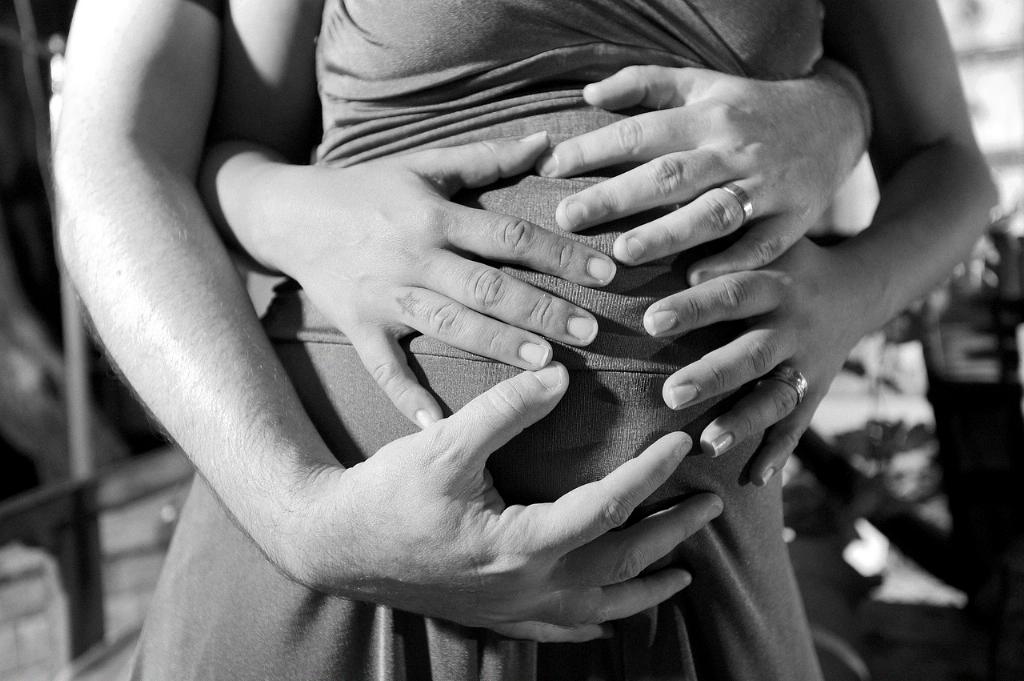When it comes to detecting pregnancy early on, the timing can vary depending on the method used. Home pregnancy tests are designed to detect the presence of hCG hormone in your urine, which is produced by the placenta after implantation. It is possible to get a positive result on an at-home pregnancy test as early as 10 days after conception, which falls around the two-week mark. However, it’s important to note that the accuracy of the test may vary at such an early stage.
While some tests claim early detection capabilities, the accuracy of the results can be influenced by factors such as the sensitivity of the test and the concentration of hCG in your urine. In some cases, taking a test too early may result in a false negative, as the levels of hCG may not be sufficient for detection. For a more reliable result, it is generally recommended to wait until after you have missed your period to take a pregnancy test.
It’s essential to understand the timeline of early pregnancy to determine when it’s most appropriate to take a test. Conception typically occurs around two weeks after the start of your last menstrual period. This is when the egg is fertilized by sperm, leading to the formation of a zygote, which will eventually develop into an embryo. Implantation, when the embryo attaches to the uterine wall, usually occurs around 6-12 days after conception.
Following implantation, the placenta starts to produce hCG, the hormone that is detected by pregnancy tests. The levels of hCG in your body increase rapidly during the early stages of pregnancy, doubling approximately every 48-72 hours. This hormone is what triggers the symptoms of early pregnancy, such as breast tenderness, fatigue, and nausea, as it signals the body to support the growing embryo.
While it is possible to detect pregnancy early on with some tests, the accuracy of the result can vary depending on the sensitivity of the test and the timing of implantation. It’s essential to remember that every pregnancy is unique, and hCG levels can differ among women. Factors such as the length of your menstrual cycle and the day of ovulation can also impact the timing of implantation and subsequent hCG production.
Early detection of pregnancy can bring about a mix of emotions, from excitement to anxiety. If you suspect you may be pregnant or have been trying to conceive, it’s natural to feel eager to find out as soon as possible. However, it’s crucial to manage expectations and understand that the accuracy of a pregnancy test may be compromised if taken too early.
Waiting until after you have missed your period can provide a more reliable result, as the levels of hCG in your body are likely to be higher at this stage. It’s also advisable to follow the instructions provided with the pregnancy test carefully to ensure accurate results. If you receive a positive result, it’s recommended to schedule an appointment with your healthcare provider to confirm the pregnancy and discuss next steps.
Ultimately, the timing of when pregnancy can be detected in two weeks depends on various factors, including the sensitivity of the test, the timing of implantation, and the individual’s hCG levels. While some women may get a positive result early on, others may need to wait longer for accurate results. Patience and understanding the complexities of early pregnancy can help manage expectations and ensure a more accurate outcome.

